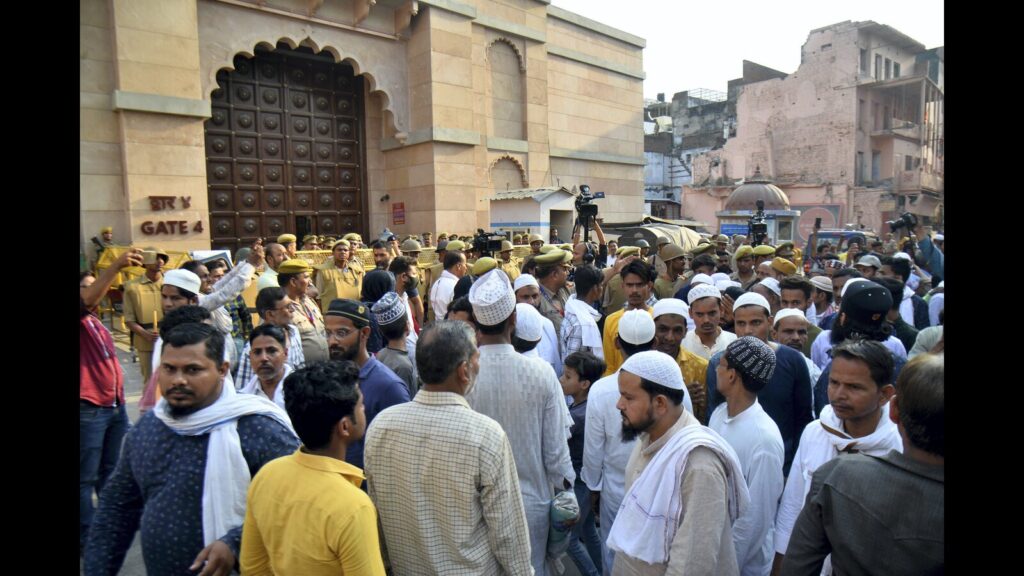The biggest takeaway from a plea filed by five Hindu women seeking the right to worship deities inside the Gyanvapi Masjid complex is that it appears to have found a way around the Places of Worship (Special Provisions) Act, the 1991 law that was enacted to specifically forestall this kind of litigation. Lawyers representing the five petitioners have successfully argued before the Varanasi district court, and now the Allahabad high court, that the practice of daily rituals for Hindu gods and goddesses at the so-called Maa Shringar Gauri Sthal inside the mosque complex was decades-old, and only interrupted by the administration due to an order in 1993. Because the rituals existed between 1947 and 1993, the Hindu plaintiffs argued, the suit could not be barred under the 1991 law. Two courts have now accepted this argument.
The Varanasi petition is the most successful in a flurry of pleas filed by Hindu individuals and groups in courts across Uttar Pradesh, arguing that some Islamic holy sites were built after demolishing temples, and, therefore, should be replaced or the land handed over for Hindu rituals. Such petitions are in various stages of hearing at local courts in Mathura and Agra. There is little doubt that the court’s stance in the Varanasi case will have a bearing on the proceedings in the other cases. There is also little doubt that the cases and the reactions they generate will inflame passions on both sides, unearth long-buried communal grudges, and rupture the social fabric. The 1991 Places of Worship Act was envisioned to stave off this exact eventuality. Drafted at the height of the Ram Janmabhoomi movement, the law locked the position or “religious identity” of any place of worship as it existed on August 15, 1947, with the exception of the Ayodhya dispute. The hope was that such a move will prevent any disputes from cropping up and disturbing communal amity. The law received further endorsement from a five-judge Constitution bench in the landmark 2019 Ram Janmabhoomi judgment, which said it protected and secured the fundamental values of the Constitution.
Unfortunately, its functioning appears hobbled, and there are only two institutions that can offer clarity. The government must tell the Supreme Court whether it plans to defend the law or scrap it. And the apex court must consider ruling on the law one way or the other. The earlier, the better.
Enjoy unlimited digital access with HT Premium
Subscribe Now to continue reading


